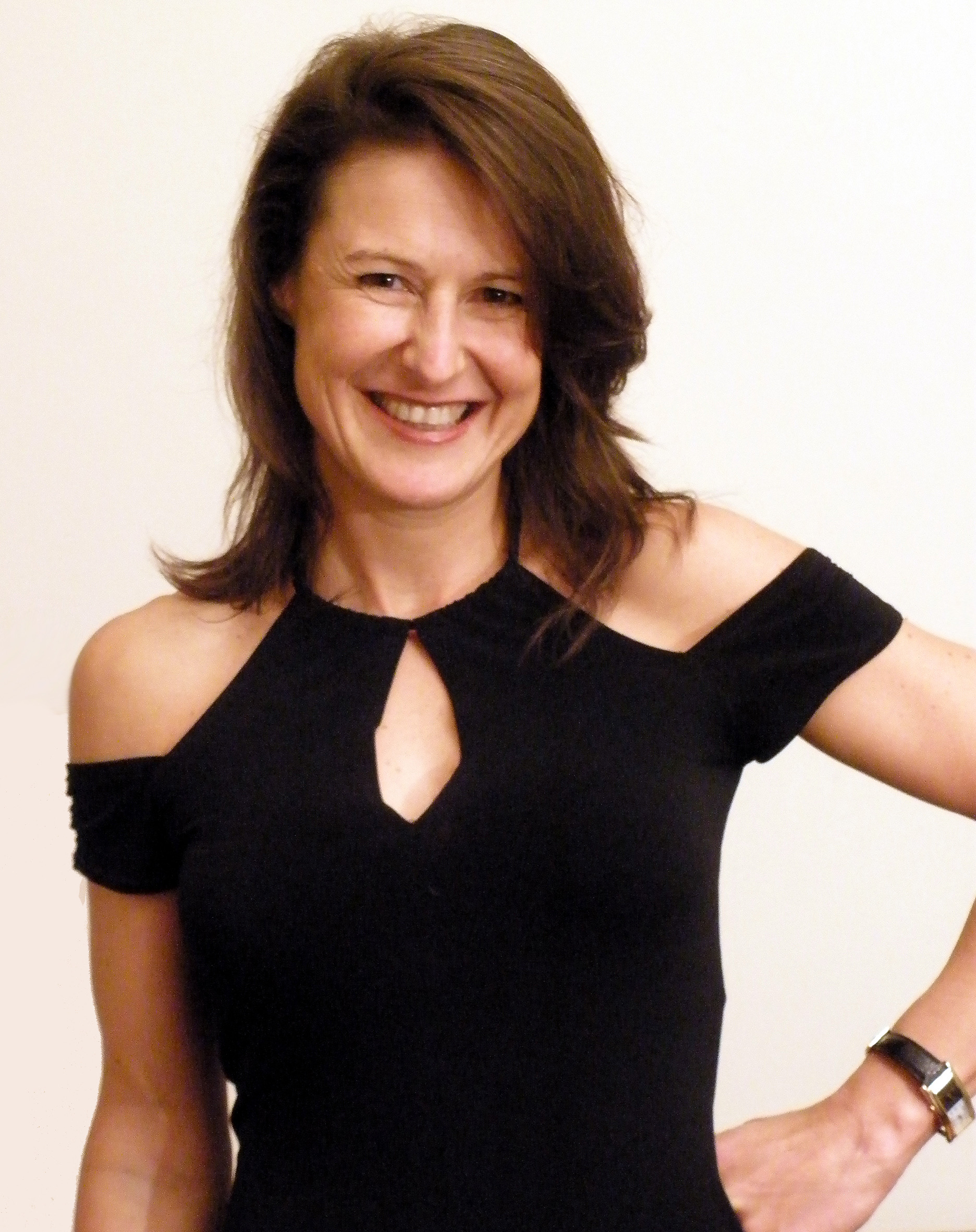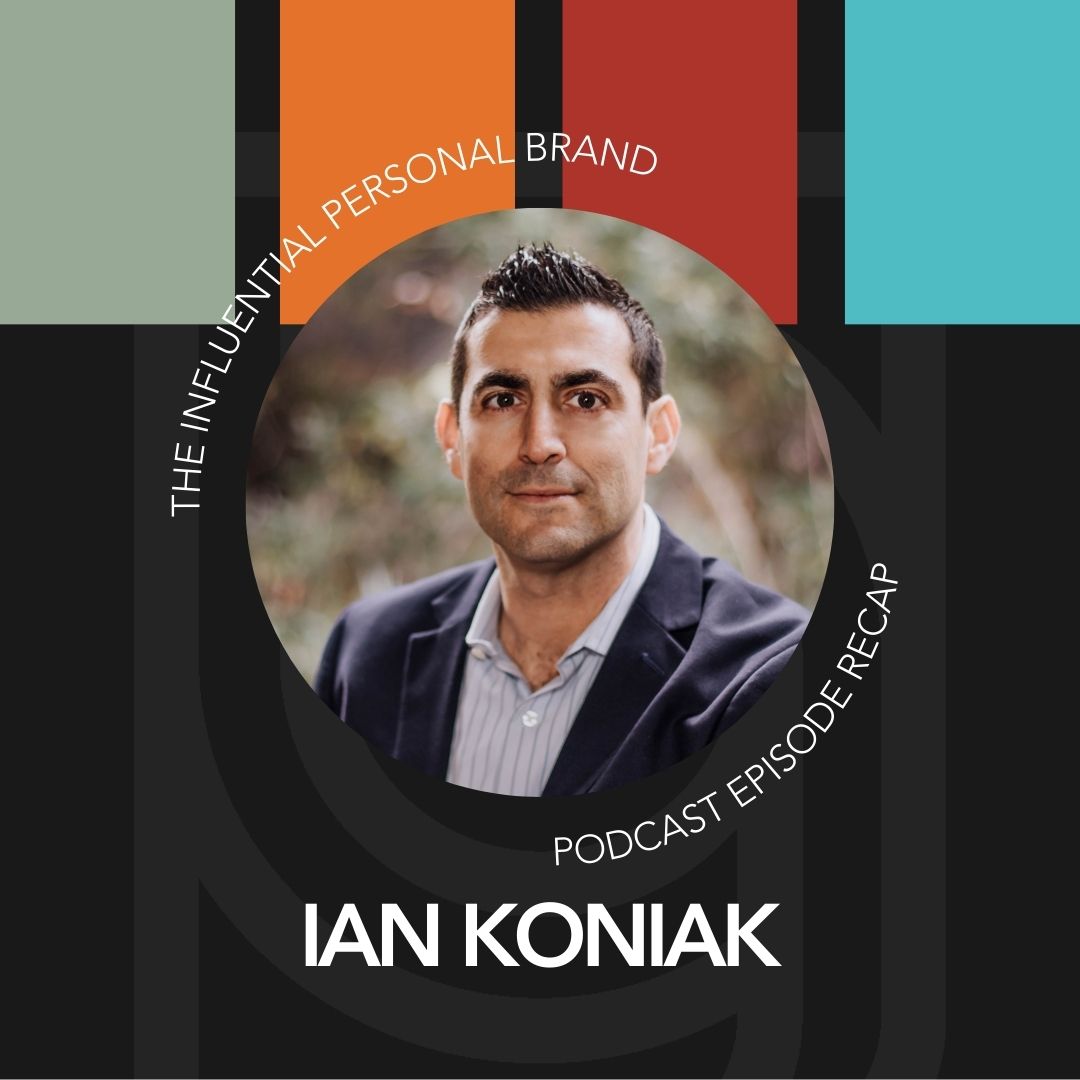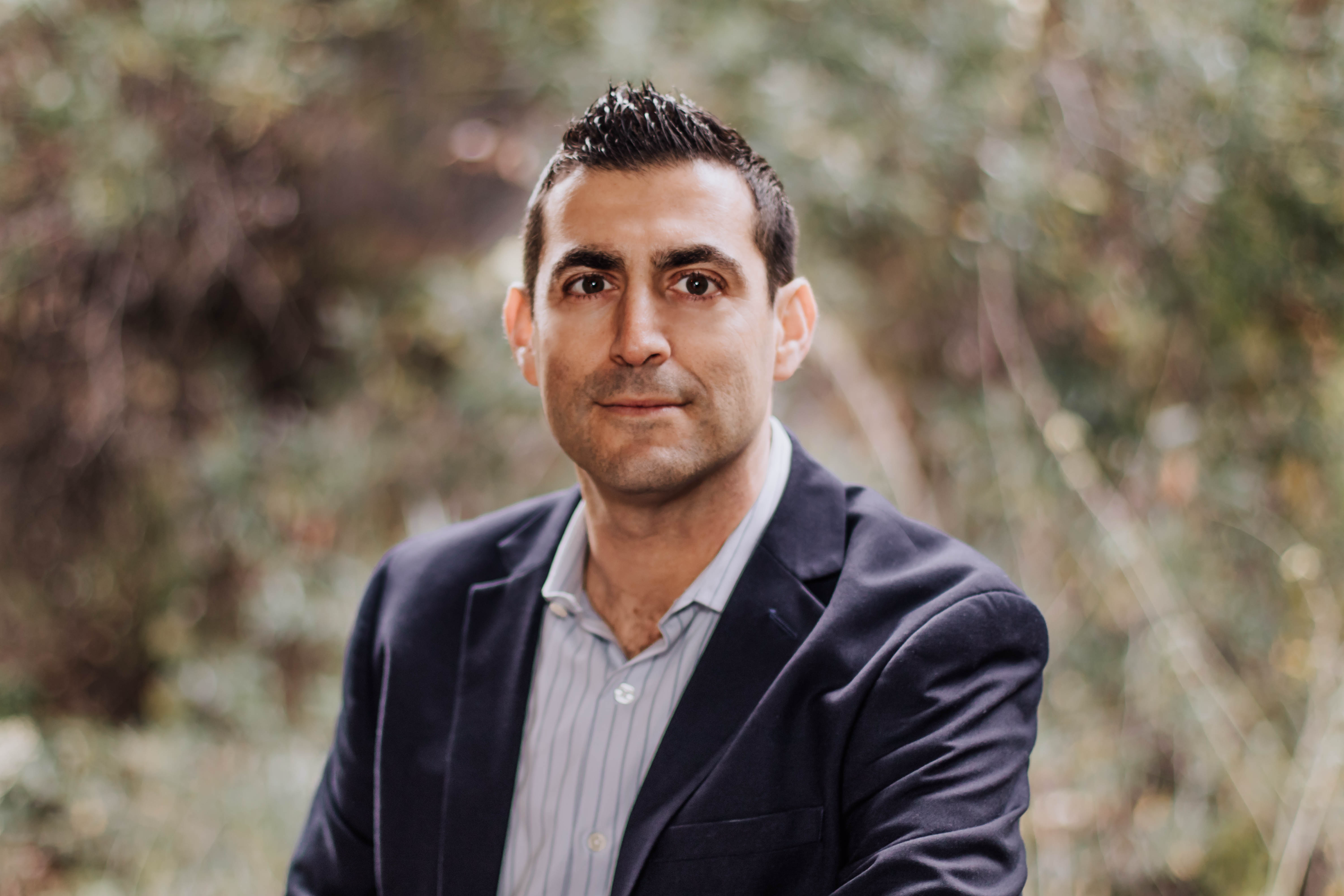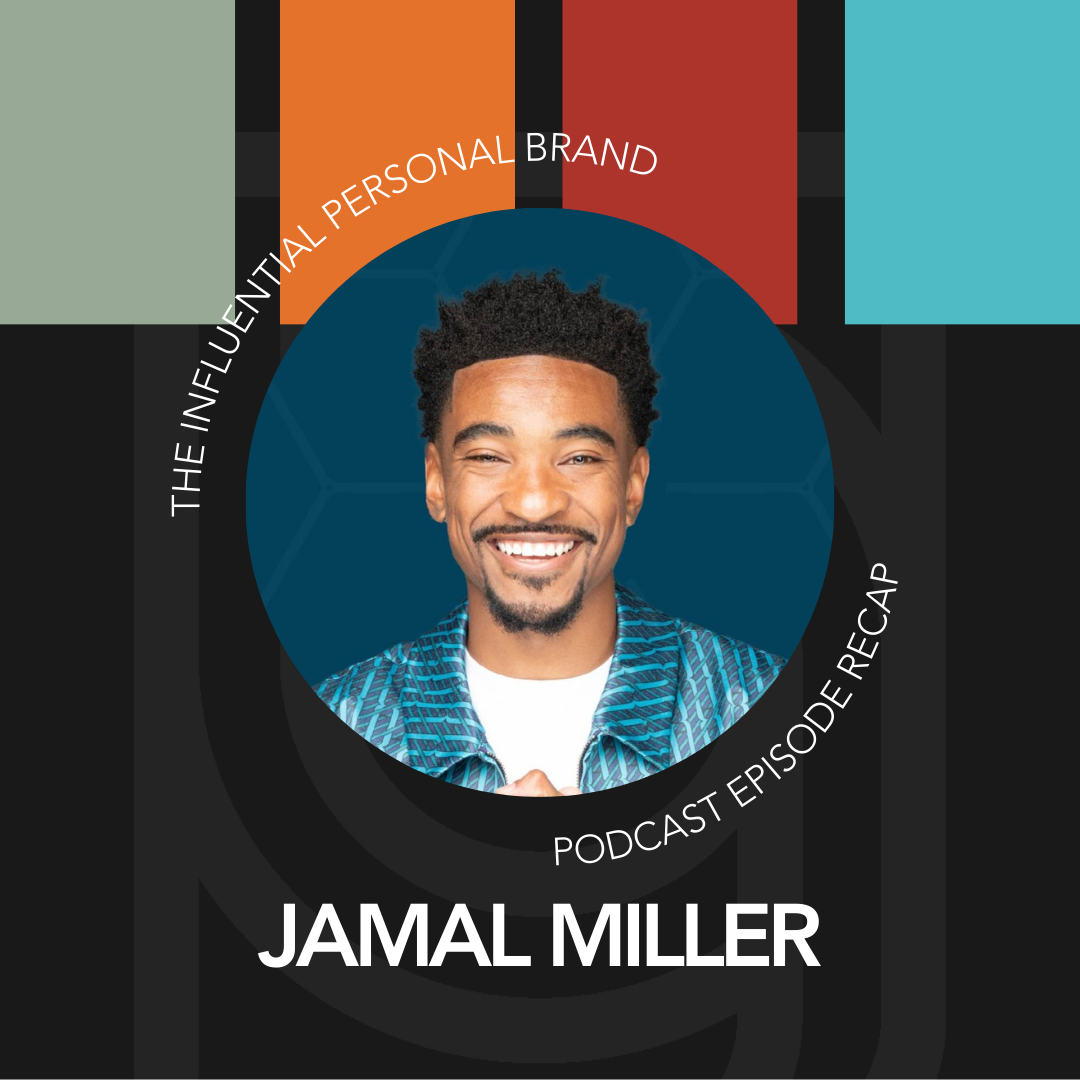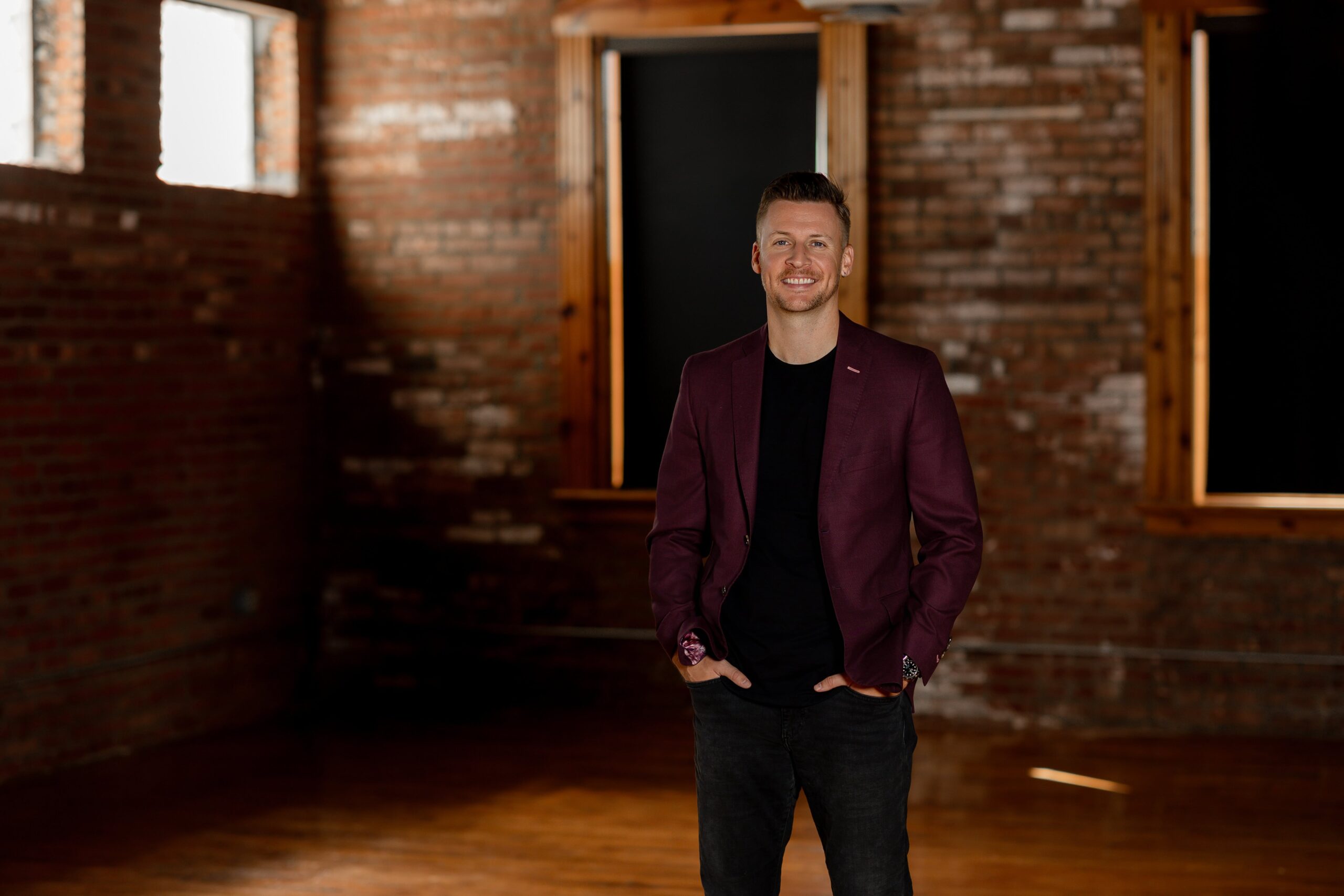RV: (00:06) Hey, brand builder, Rory Vaden here. Thank you so much for tuning in to listen to this interview, we are so excited to bring you this information and wanted to let you know that, Hey, there’s no sales pitch coming from anything that we do with this is all our value add to you and the community. However, if you are somebody who is looking for specific strategies on how to build and monetize your personal brand, we would love to talk to you and we offer a free call to everyone that’s interested in getting to know us and is willing to give us a chance to get to know them and share a little bit about what we do. So if you’re interested in taking us up on a free strategy call, you can do that at brand builders, group.com/summit. Call brand builders, group.com/summit. Call. Hope to talk to you soon on with the show, such an honor, always to introduce you to my friend, Michael Hyatt, if you don’t know him already you probably do. RV: (01:11) He’s the former CEO of Thomas Nelson. He is a number one wall street journal, bestselling author, New York times bestselling author of several books, multiple books. His new book is called the vision driven leader. And I’m so excited about the timing of how the timing worked out with this topic at this particular moment in history. And I mean, one of the things that you should know about Michael, that I just really admire is like he’s actually led large companies as a corporate, you know, CEO and also built a very large business as an entrepreneur. It’s rare to meet that type of a person. And so I, I really admire, and I’m an excited ticket sort of his instincts on leading right now. So Michael welcome. Welcome to the show. Thanks for having me back on. I appreciate it very much on the topic of personal brands. RV: (02:07) Okay. Just since that’s a, that’s a big part of our audience. Can you give us an idea of some of the magnitude of what Michael Hyatt and team has become? How many people are there? Like how many people do you reach or like, what are some of the metrics Cosco and you started as a solopreneur and, you know, cause I think of you as being one of the premier models in terms of scaling, turning a personal brand into a very real business, something that is scalable. And there’s not that there’s not that many personal brands that people can model to go like, Hey, actually there’s a big opportunity here of a big place that I can take my personal brand in terms of jobs I provide and people I reach. So like what are, what are, give us an idea of just like the magnitude or the scope of like what your team, what your team does? We have 40 people, so it MH: (03:00) Just started off with me that I got an executive assistant that I hired a copywriter and then it kind of grew from there. So today we have 40 full time teammates. We’ve got a lot of contractors that work for us as well. We’ll do about $16 million in revenue this year. Wow. That’s awesome. Yeah. And so we’ve been growing at about 60% a year, so, you know, we’ll probably hit 20 million this next year. And yeah, I’m trying to think of impact. We, we probably get a million unique visitors to our websites every month, RV: (03:33) A month, MH: (03:34) Probably 50,000 a week, you know, 200 to 250,000 a month. We have a big coaching program. We have 450 business coaching program or clients that are in our business coaching program. We have eight coaches that work with us. So I’m not the only one delivering the content by the way, this interesting thing, I think for people to know about a personal brand, at some point you have to say, okay, how can I expand this beyond myself? And as you’re successful, you get the opportunity to do that. Name is still on the company. My name is still on the company, but I’ve been able to replicate myself and have other people that are also delivering content. RV: (04:12) I love that. That is so cool. I mean, think about that. Y’all a million visitors a month, 50,000 down podcast downloads a week you know, like a quarter of another quarter million people versus that, not to count all your social media, right? And like whatever your social media is, your email list. Like you’re reaching millions of people. You know, every single, every single month that’s MH: (04:35) Our email list is about 800,000 people. And so we keep that pretty pruned, you know, people that don’t respond, you know, we take them off of it, but, but I, I will say to people that are building a personal brand, nothing is more important than your email list. RV: (04:50) There you go. There’s another, if you want a more, a more in depth interview of Michael and I talking about that we have that on the influential personal brand summit.com. You can listen to our conversation there. Of course, it’s also back in one of our earlier podcast episodes on influential personal brand. So what you know, vision-driven leader, like, how did you, I mean, it’s kind of perfect timing for that with like everything in the world. Of course you, this was had to be way in the works before everything that COVID was going down and quarantine and all that. But what, why did you decide to write this, you know, specifically right now, at this time in your career, MH: (05:31) Just a funny story. So the book came out on March the 31st. And so when the president gave his speech on March the 11th, the next day I called my publisher and I said, this has gotta be the worst time to launch a book. Is there any way that we could delay it? And they said, Nope, the toothpaste is out of the tube and all the, all the orders we’ll cancel it, Amazon in particular, but all the other retailers too, it’ll just create chaos. So I just dug deep and I said, okay, why is vision more relevant now than ever before? And I think that’s what every business owner has to figure out in the middle of the pandemic is how was their service? How was their product more relevant than ever before? And one of the things I realized is that vision is crucial, especially in a crisis because you don’t, if you don’t have a North star, if you don’t have something that is guiding you, that you’re working toward, you’re just going to be lost and drifting on the sea. And one of the things I’ve noticed with my coaching clients is those that have a written vision script, which is what the book advocates are doing pretty well because vision doesn’t change, even in a pandemic strategy will change because there’s a major difference between strategy and vision, but the vision should remain the same and people need to hear it. Now your team needs to hear it now more than ever before. Yeah. RV: (06:50) I love that idea that that strategy will change in a pandemic, but vision will not. That’s a, that’s a really huge idea. You mentioned the vision script and I want to, I want to talk about that towards the end. I want to hear about the tool that y’all created, but so you, you, you lay out these kinds of different questions of, of, of what should be a great vision and what does it make a great vision? Can you just kinda like talk, talk us through some of the ones that you think are maybe the, not so obvious characteristics of what makes a great vision or even like some of your favorite characteristics? Cause you know, this, this is something that you’ve been around a long time. MH: (07:30) Well, let me, let me go ahead and define it, what I’m talking about. Cause I think that in a way kind of encapsulates the whole thing and then we can unpack it if you’d like. So when I talk about a vision script, I’m not talking about a vision statement. So I’m using that language very intentionally, but when people talk about a vision statement, they usually mean a short, pithy, almost a slogan that you could put on a coffee mug or slap on a tee shirt. The problem with that is it’s incredibly intimidating to come up with you think I’m not that clever. You know, I’m not that, that bright to reduce everything I want about the future in terms of a slogan. And I think most people aren’t, but even if you could do it, it wouldn’t be robust enough to really guide your organization into the future. MH: (08:13) So when I talk about a vision script, what I’m specifically talking about is a written document. That’s three to five pages in length. It outlines a clear, inspiring, practical and attractive picture of your organization’s future. This is key. It describes reality three to five years from now, as you see it and written in the present tense as though it’s already beginning to happen, that’s a vision script. And I find that when people get this on paper, you don’t have to be Hemingway. You don’t have to be a good writer, but when you start to disentangle your thoughts from just floating around in your brain, you start to achieve clarity about where you want to end up three to five years from now. And that’s kind of the key to leadership. If you don’t know where you’re going, if you don’t know where you’re taking people, you probably shouldn’t be leading them. So vision and leadership go hand in hand. RV: (09:11) Huh. And then, so, you know, if it’s three to five years out then like how often do you have to be updating it kind of every year? Is that the idea is like, you’re kind of always three to five ahead. MH: (09:22) Definitely not a one and done kind of thing. It’s definitely easier to do much easier to do after the first time you do it. It’s that, you know, initial draft, like you’re a writer, you know, write a book. It in that initial draft is tough. Same thing for a vision script. The hardest work you do is at the beginning, I’ve tried to make it as easy as possible, almost paint by number with the book division driven leader, but thereafter you’re going to revisit it every year. Now I’ll tell you that the way that I recommend organizations do that is as the first part of their strategic planning process. So every year at Michael Hyden company, and I did this when I was at Thomas Nelson publishers, is that we would do a strategic planning week where we would look at things like our vision, look at a sort of a SWOT analysis. MH: (10:08) You know, our strengths, weaknesses, opportunities, and threats out of that came our strategic priorities. And then we began to set goals and then we began to chunk that down into, you know, sort of what our quarterly objectives were and then even down to, you know, our weekly outcomes and daily tasks, but it all begins with that vision. And so every year you’ve got a chance to look at it and go, okay, we’ve got a little bit more clarity where you’re closer to where we thought we were going to be three to five years out where you’re closer. Do we see anything differently with more clarity, with more precision? And if you do that, you’ve got a chance to tweak it. And like you said, it is a moving target. Cause it always needs to be something that’s always three to five years out. RV: (10:49) Yeah. I mean that concept in and of itself is I think powerful, like the classic business school vision statement is like, Hey, we like put a paragraph down and everyone threw it in their drawer and never looked at it again. Nobody knows what it is, but you’re, this is a, this is more like a constitution or something, you know, something that’s being updated or it’s I guess constitution is not a great example. It’s not updated very often, but you know, it can be it’s amended and, and it’s, it’s a, it’s a, it’s an ongoing development part of the process here. So what do you think that people do wrong with the vision and, and leaders? And it’s like what do you think are some of the common mistakes or the things that aren’t going that are, are, you know, like an entrepreneur or even a corporate level leader kind of person they’re not doing, or they don’t either in the way the vision is written or in how they reference it or refer to it as part of their normal operation. MH: (11:49) I would say that the first mistake that entrepreneurs or business leaders is they don’t have a written vision. Like in our survey, we less than 1% of the business owners that we surveyed had a written vision statement or script of any kind. Wow. So they may have had something rattling around in their head, but they didn’t have anything on paper. And when you don’t have it on paper, first of all, you’re probably not clear because when it’s in your brain, it’s ambiguous, it’s kind of, you know, just vague. It’s not specific, it’s not concrete. You’d probably don’t have the clarity that you need, but you also have a difficult time communicating that vision. And certainly you’re going to have a difficult time ensuring quality control so that the people who are under you are the people that are working with, you can also continue to, you know, express that vision should their teammates as well. MH: (12:38) So not having a vision script is the biggest single biggest mistake that people make. I couldn’t find a single course in any college curriculum or university curriculum that taught on vision. I could only find a few books that were written about vision and actually too, as a matter of fact, and one of them kind of confused vision and mission and strategy, and they just didn’t take time to define the terms. And I’m very clear on all those terms and that I find many of them in the book, but a vision is a very specific thing about the future. RV: (13:08) Yeah. Can we talk about vision and mission? Cause I feel like those, that’s where the cloud is. Like, what’s the real difference here. Yeah. And I remember going, I remember going through MBA school, coming out more confused about which each one was then going in. MH: (13:26) Yeah. So here’s what, here’s what I would say. Vision answers the question where, where are we going? And mission answers the question, what do we do and why do we do it? So vision is about the future mission is about now I’m working on my vision every day in the hopes that as I do that, I’m going to come closer and closer to that vision for the, for the future. Now strategy is an interesting question too, because that answers the question. How, how do I get from where I am to where I want to be, how am I going to get from our current situation to this envisioned situation that’s expressed in the vision script and just to round it out, then we have core values and values are really about who we are. And more importantly, who are becoming on this journey toward this vision. That makes sense. RV: (14:19) Yeah. So you got where vision is where mission is, why strategy is how and then values are just kind of like, are the who, okay, so who we are, who we’re becoming. Huh. Yeah. So I, I, I get that. And I think, you know, the whole, the concept of having it written down, I mean, clearly it, it makes it difficult to propagate something if it’s not documented somewhere, just that in and of itself. MH: (14:47) And I didn’t say before, but the vision script to Rory is into four parts because it’s not just like you’re thinking about the future is, you know, kind of this under differentiated hole, but I have it broken down into four sections. So if you use the vision script kind of format, it’s really about what’s the future of your team team is everything, the culture you’re building, the people that you’re recruiting, the people that you’re retaining, how you’re developing your team, because the team is the primary means by which you’re going to bring this vision into existence. So team is number one, product is number two. What is it that you produce and bring forth into the world? You know, maybe it’s a product, maybe it’s a service. Maybe it’s a combination of both, but the future of your product, then the future of your marketing and your sales. So how do you reach the market? How do you take your products or your service to market, and then finally the future of your impact that could be expressed in terms of, you know, what is your revenue size three to five years from now? What’s your profitability? What are your podcast downloads or your website visits or whatever metric you want to want to use. It are important to your particular business, but the, that vision script is expressed at each of those four sections. RV: (15:58) Yeah. So you mentioned the podcast downloads, can you apply this to me for personal brands specifically? Right. So like, you know, I think everyone goes, Oh, I’m a corporate leader. We should have a vision or even entrepreneurs like that. But if you’re a personal brand and you know, it’s like mostly built around you, do you still think you need to have one of these? MH: (16:17) Absolutely. I am a personal brand and RV: (16:22) That’s a big one. MH: (16:24) Well, and, and you know, so, so yeah, I started out as, as a solo.







